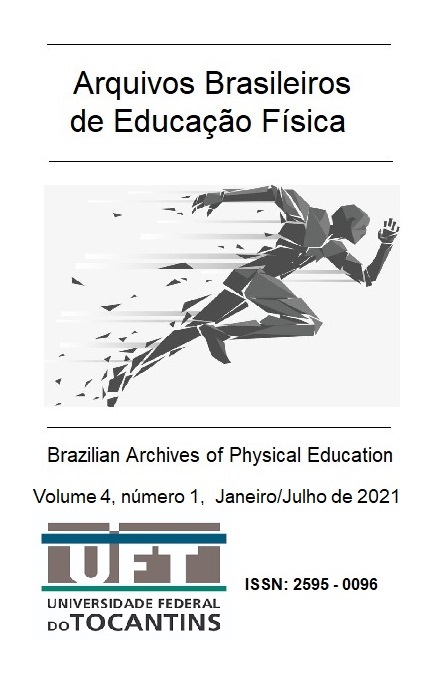Enhancing non-verbal communication through gamification: the case of treasure hunt
DOI :
https://doi.org/10.20873/abef.2595-0096.v4n1p101106Mots-clés :
Recreational therapy, Communication, Leadership, FrugalityRésumé
Abstract: An adapted version of “treasure hunt” serious game can help participants’ to improve non-verbal skills and understand the crucial role of servant leadership. This case-work with ten participants outlines how individuals tend to use traditional rules when they consider to be aware of a game/situation. However, in this casework, I observed how in “learning-by-doing”, individuals managed to leave their comfort zone and learn the new rules while practicing them. Furthermore, this caseworks helped to teach the importance of non-verbal communication skills and the soft role of servant leaders.
Références
Marney A. White, "The Benefits of Recreational Therapy", Healthline. Available at: https://www.healthline.com/health/recreational-therapy (Accessed on 26/06/2021)
Kunstler R.A., Stavola Daly A. (2010), “Therapeutic Recreation Leadership and Programming”, Human Kinetics.
Catchpole K, Neyens DM, Abernathy J, Allison D, Joseph A, Reeves ST. (2017), "Framework for direct observation of performance and safety in healthcare", BMJ Qual Saf, 26(12), pp. 1015-1021.
Cagiltay, N. E., Ozcelik, E., & Ozcelik, N. S. (2015). The effect of competition on learning in games. Computers & Education, 87, 35-41.
Hanse JJ, Harlin U, Jarebrant C, Ulin K, Winkel J. (2016). The impact of servant leadership dimensions on leader-member exchange among health care professionals. J Nurs Manag, 24(2), pp. 228–234.
Deroo, C. (2006), "What's Right with Me: Positive Ways to Celebrate Your Strengths, Build Self-Esteem and Reach Your Potential", New Harbinger Publications.
Sczesny, S., Bosak, J., Neff, D., & Schyns, B. (2004), "Gender stereotypes and the attribution of leadership traits: A cross-cultural comparison", Sex roles, 51(11-12), pp. 631-645.
Téléchargements
Publié-e
Comment citer
Numéro
Rubrique
Licence
Proposta de Aviso de Direito Autoral Creative Commons
1. Proposta de Política para Periódicos de Acesso Livre
Autores que publicam nesta revista concordam com os seguintes termos:
a. Autores mantém os direitos autorais e concedem à revista o direito de primeira publicação, com o trabalho simultaneamente licenciado sob a Licença Creative Commons Attribution que permite o compartilhamento do trabalho com reconhecimento da autoria e publicação inicial nesta revista.
b. Autores têm autorização para assumir contratos adicionais separadamente, para distribuição não-exclusiva da versão do trabalho publicada nesta revista (ex.: publicar em repositório institucional ou como capítulo de livro), com reconhecimento de autoria e publicação inicial nesta revista.
c. Autores têm permissão e são estimulados a publicar e distribuir seu trabalho online (ex.: em repositórios institucionais ou na sua página pessoal) a qualquer ponto antes ou durante o processo editorial, já que isso pode gerar alterações produtivas, bem como aumentar o impacto e a citação do trabalho publicado (Veja O Efeito do Acesso Livre).




